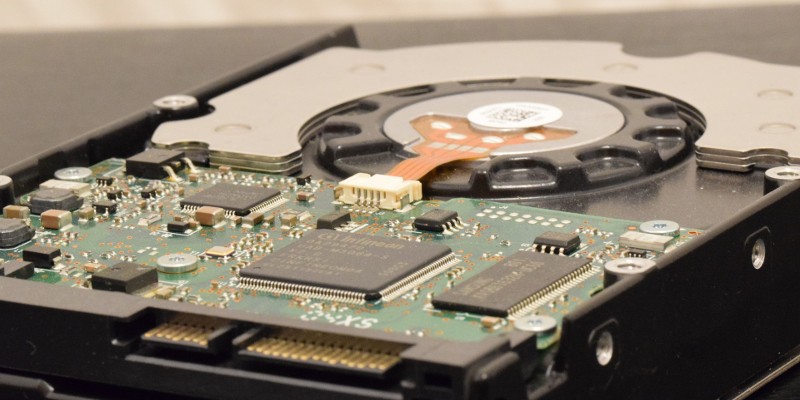

In that case, you have no excuse not to have a rigid backup strategy in place, assuming you want to keep your customers or employer happy in the event one of the aforementioned problems occurs. This is especially important if your home PC does double-duty as a home business or work-at-home system. You can rotate between a set kept with your PC and another kept off-site on a monthly or even a weekly basis. Having your data on CDs sitting on your desk will protect you in this situation.īut in order to prevent a total loss of data in the event of a fire, flood, or other disaster, keeping at least one copy of backed up data off-site may not be an exorbitant precaution. Even if the MTBF of your hard drive is rated for decades, it could still crash tomorrow. One of the most common causes of data loss is a hard drive crash. It’s unlikely that data thieves will break into our dens to steal the latest Enterprise fan-fiction. Some of us are fine with keeping our backed up data in the same room as our PC.

On the other hand, the family photo album or the music video you’ve been editing may require more substantial space.

If your critical data consists mostly of text-heavy Word documents and spreadsheets, then even low capacity devices such as Zip drives may suffice. The nature of the backup medium depends somewhat on the type of data. And while they’re not as common as they used to be, tape backup drives still handle large amounts of data in a cost-effective manner. If the space required for your backup is constrained by CD-RW’s 650MB capacity, then take a look at DVD-Rewritable drives as they come down in price. If you’ve already got a CD-RW drive in your system, then you probably don’t want to look any further for a simple, yet effective means. And you don’t have to spend much extra money for a backup solution. A plan that only looked good on paper doesn’t hold much credibility when you’re trying to recover lost data.ĭepending on the size and the frequency of your backups, you’ll want to choose the appropriate backup medium. There are backup applications that will automate much (or even all) of the process, but if you’re not using one of these, make sure that you follow through on your end of the deal. Regardless of your backup frequency, stick to your schedule.


 0 kommentar(er)
0 kommentar(er)
